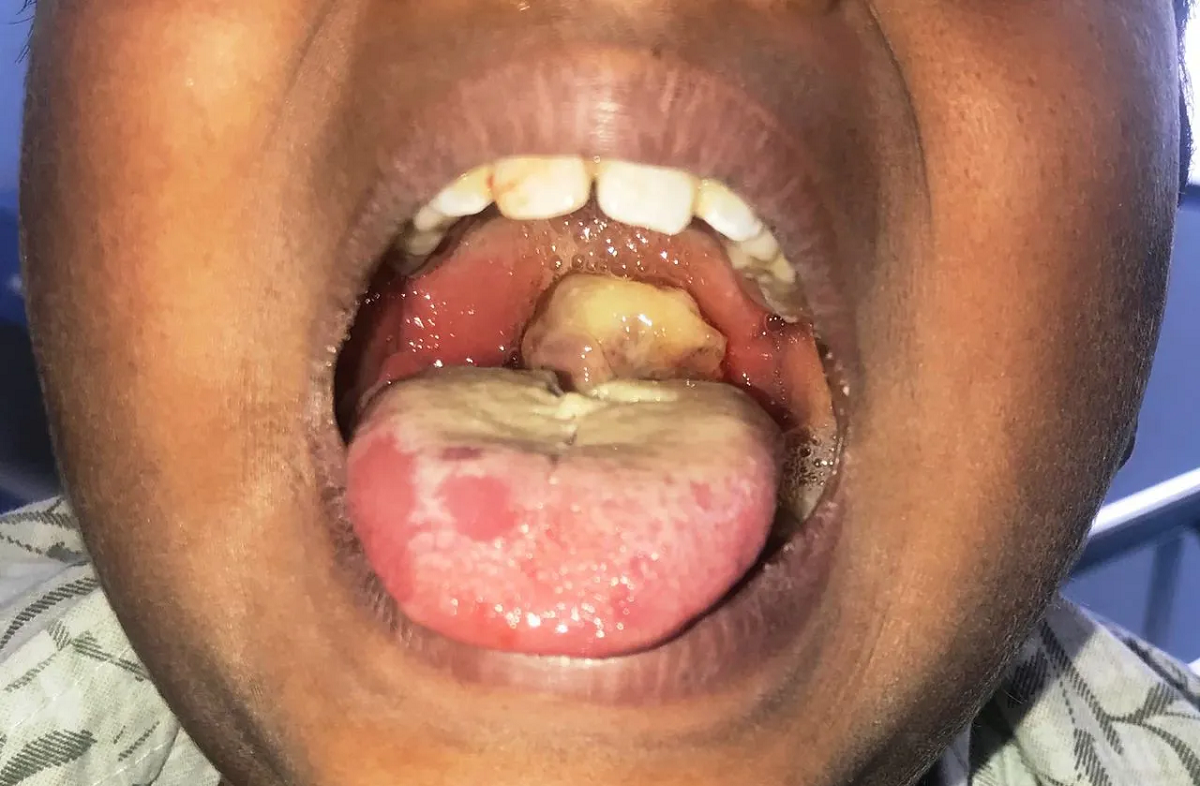UNICEF has called for routine health screenings for all arriving passengers at Sam Mbakwe Airport, Owerri, as part of measures to curb the spread of diphtheria in Imo State.
UNICEF’s health specialist, Olusoji Akinleye, made the recommendation on Friday during a virtual media parley organised by the agency in Owerri.
A recent outbreak of diphtheria—a highly contagious bacterial infection caused by Corynebacterium diphtheriae—was confirmed in Imo, with the index case identified in Mbutu, Aboh Mbaise Local Government Area.
Diphtheria affects primarily the nose and throat, and in some cases, the skin. It spreads through respiratory droplets or contact with infected individuals or contaminated surfaces.
Medical experts note that while the incubation period typically ranges from two to five days, it can extend up to ten days. Without timely treatment, the disease may result in severe complications and death in approximately one in ten cases.

UNICEF is supporting Nigeria’s government in its response to the outbreak through case management, infection prevention and control, emergency vaccination, risk communication, and community engagement.
Speaking on the theme “Diphtheria Outbreak Response in Imo,” Mr Akinleye emphasised the urgency of containment, stating: “With 10 fatalities already recorded, the situation must be swiftly controlled to avoid a potential national disaster.” He added that the airport’s proximity to Aboh Mbaise made it a critical point of focus.
He also applauded the efforts of Imo State’s immunisation officer, Chibuzo Anyaehie, for ensuring rapid vaccination in the four affected local government areas: Aboh Mbaise, Ahiazu Mbaise, Owerri North, and Owerri Municipal.
In her remarks, Ms Anyaehie revealed that 4,017 individuals had been vaccinated so far. “We have recorded 79 suspected cases and confirmed seven. Treatment centres have been set up across all Primary Health Centres in Mbutu and at the Aboh General Hospital. An additional 70 doses of vaccines have also just been supplied,” she said.
UNICEF’s communications officer, Ijeoma Onuoha-Ogwe, commended officials of the Imo Ministry of Health for their dedication in tackling the outbreak. She urged the media to intensify public awareness efforts to prevent further spread.
“The media must do more to sensitise the public on disease prevention and early reporting,” she said.
Rebekah Gabriel, UNICEF’s Water, Sanitation, and Hygiene (WASH) Specialist, stressed the importance of frequent handwashing with soap and water. She also called for greater collaboration with traditional leaders and key stakeholders to enhance grassroots awareness.
Earlier, UNICEF’s Chief of the Enugu Field Office, Juliet Chiluwe, expressed appreciation for the media’s ongoing support. She urged journalists “to amplify awareness about the outbreak” and continue supporting public health education.


 Trending
Trending 